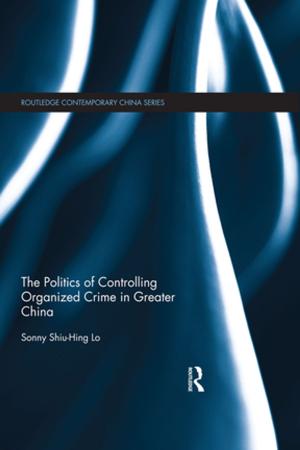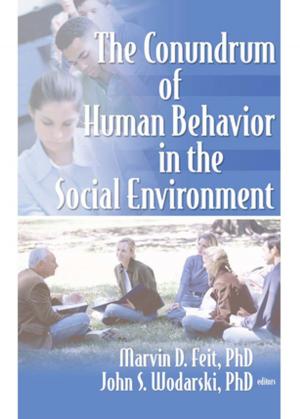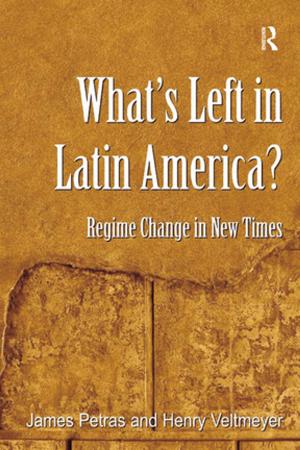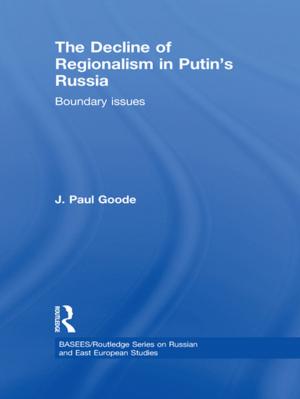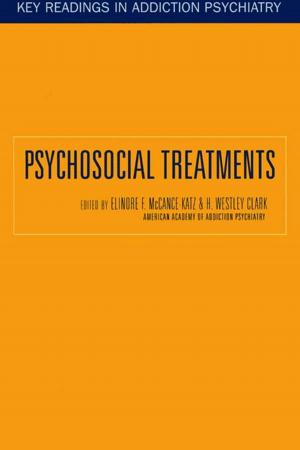Talking about Evil
Psychoanalytic, Social, and Cultural Perspectives
Nonfiction, Health & Well Being, Psychology, Psychoanalysis, Mental Health| Author: | ISBN: | 9781317328421 | |
| Publisher: | Taylor and Francis | Publication: | October 4, 2016 |
| Imprint: | Routledge | Language: | English |
| Author: | |
| ISBN: | 9781317328421 |
| Publisher: | Taylor and Francis |
| Publication: | October 4, 2016 |
| Imprint: | Routledge |
| Language: | English |
How can we talk about evil? How can we make sense of its presence all around us? How can we come to terms with the sad fact that our involvement in doing or enabling evil is an interminable aspect of our lives in the world? This book is an attempt to engage these questions in a new way.
Written from within the complicated reality of Israel, the contributors to this book forge a collective effort to think about evil from multiple perspectives. A necessary effort, since psychoanalysis has been slow to account for the existence of evil, while philosophy and the social sciences have tended to neglect its psychological aspects.
The essays collected here join to form a wide canvas on which a portrait of evil gradually emerges, from the Bible, through the enlightenment to the Holocaust; from Kant, through Freud, Klein, Bromberg and Stein to Arendt, Agamben and Bauman; using literature, history, cinema, social theory and psychoanalysis.
Talking about Evil opens up a much needed space for thinking, in itself an antidote to evil. It will be of interest to psychoanalysts, psychotherapists, and scholars and students of philosophy, social theory and the humanities.
How can we talk about evil? How can we make sense of its presence all around us? How can we come to terms with the sad fact that our involvement in doing or enabling evil is an interminable aspect of our lives in the world? This book is an attempt to engage these questions in a new way.
Written from within the complicated reality of Israel, the contributors to this book forge a collective effort to think about evil from multiple perspectives. A necessary effort, since psychoanalysis has been slow to account for the existence of evil, while philosophy and the social sciences have tended to neglect its psychological aspects.
The essays collected here join to form a wide canvas on which a portrait of evil gradually emerges, from the Bible, through the enlightenment to the Holocaust; from Kant, through Freud, Klein, Bromberg and Stein to Arendt, Agamben and Bauman; using literature, history, cinema, social theory and psychoanalysis.
Talking about Evil opens up a much needed space for thinking, in itself an antidote to evil. It will be of interest to psychoanalysts, psychotherapists, and scholars and students of philosophy, social theory and the humanities.





